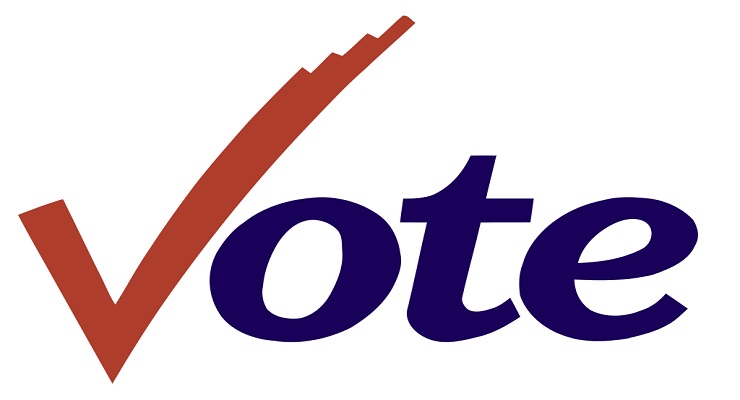
This article by Alex Burness is published in Bolts. Extract:
Adam Griego, who has battled trauma and addiction for most of his life, felt he was treated as subhuman when he was in prison. Over three months in solitary confinement, he recalls, he was forced to drink water out of his hands because he wasn’t given a cup. He labored eight-hour days in a recycling yard, rifling through trash, for $10 a week. When he was released in 2020, he had only $125 to his name and couldn’t find a job despite 20 years of experience as a car technician.
“Once you commit a crime and you’re convicted, you sort of are defined by your choices and the fact that you’ve been convicted,” he told Bolts. “It makes your return back into society extremely difficult.”
To this day, Griego is not allowed to vote. He resides in New Mexico, a state that withholds voting rights from people while they are in prison, on probation, and on parole over a felony conviction, and Griego isn’t set to finish probation until the fall. Now sober, on staff at a Subaru dealership, and an adjunct professor at a technical college, he’s proud of what he has accomplished.
Read the full article here.
Leave a Reply